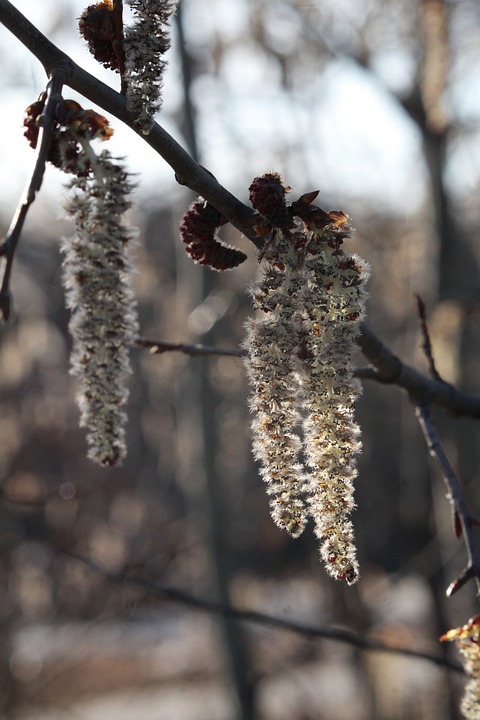
The Kidney Stone Diet: Foods to Eat and Avoid for a Pain-Free Life
Kidney stones are a painful and debilitating condition that affects millions of people worldwide. These small, hard mineral deposits can cause severe pain, nausea, and vomiting, and can even lead to more serious complications like kidney damage and infection. While there is no surefire way to prevent kidney stones, following a specific diet can help reduce the risk of developing them and alleviate symptoms for those who already suffer from the condition. In this article, we will explore the kidney stone diet, including foods to eat and avoid, to help you achieve a pain-free life.
Understanding Kidney Stones
Before we dive into the diet, it’s essential to understand what kidney stones are and how they form. Kidney stones are small, hard deposits that form in the kidneys when there is an imbalance of water, salts, and other substances in the urine. There are four types of kidney stones: calcium oxalate, uric acid, struvite, and cystine. Each type of stone has a different cause and requires a different approach to prevention and treatment.
The Kidney Stone Diet: Foods to Eat
While there is no single “kidney stone diet,” there are certain foods that can help reduce the risk of developing kidney stones and alleviate symptoms. Here are some foods to include in your diet:
- Water-rich foods: Foods with high water content, such as watermelon, cantaloupe, and celery, can help flush out your system and reduce the concentration of minerals in your urine.
- Citrate-rich foods: Citrate is a natural inhibitor of kidney stone formation. Foods rich in citrate, such as lemons, limes, and oranges, can help prevent calcium oxalate stones.
- Oxalate-free foods: If you are prone to calcium oxalate stones, it’s essential to limit your intake of oxalate-rich foods. However, you can still enjoy oxalate-free foods like rice, corn, and peas.
- Protein-rich foods: Protein can help reduce the risk of kidney stones by increasing the amount of citrate in your urine. Good sources of protein include lean meats, fish, and eggs.
- Fiber-rich foods: Fiber can help bind to minerals in your gut and reduce their absorption into your bloodstream, which can help prevent kidney stone formation. Foods rich in fiber include whole grains, fruits, and vegetables.
The Kidney Stone Diet: Foods to Avoid
While some foods can help reduce the risk of kidney stones, others can increase the risk. Here are some foods to limit or avoid:
- Oxalate-rich foods: If you are prone to calcium oxalate stones, it’s essential to limit your intake of oxalate-rich foods like spinach, beets, and rhubarb.
- Sodium-rich foods: Excessive sodium consumption can increase the amount of calcium in your urine, which can increase the risk of kidney stone formation. Limit your intake of processed and packaged foods, which are often high in sodium.
- Animal protein: While protein can be beneficial for kidney stone prevention, excessive animal protein consumption can increase the risk of uric acid stones.
- Sugary drinks: Sugary drinks like soda and sports drinks can increase the risk of kidney stones by increasing the amount of citrate in your urine.
- Vitamin C supplements: While vitamin C is essential for overall health, high doses of vitamin C supplements can increase the risk of kidney stones.
Additional Tips for a Pain-Free Life
In addition to following the kidney stone diet, here are some additional tips to help you achieve a pain-free life:
- Stay hydrated: Drinking plenty of water is essential for flushing out your system and reducing the concentration of minerals in your urine.
- Limit your intake of processed and packaged foods: These foods are often high in sodium, sugar, and unhealthy fats, which can increase the risk of kidney stones.
- Exercise regularly: Regular exercise can help reduce the risk of kidney stones by improving overall health and increasing the amount of citrate in your urine.
- Manage your weight: Excess weight can increase the risk of kidney stones, so maintaining a healthy weight through a combination of diet and exercise is essential.
Conclusion
The kidney stone diet is a comprehensive approach to reducing the risk of kidney stones and alleviating symptoms for those who already suffer from the condition. By including foods that are rich in water, citrate, and fiber, and limiting or avoiding foods that are high in oxalate, sodium, and animal protein, you can help prevent kidney stone formation and achieve a pain-free life. Remember to stay hydrated, limit your intake of processed and packaged foods, exercise regularly, and manage your weight to achieve overall health and well-being.